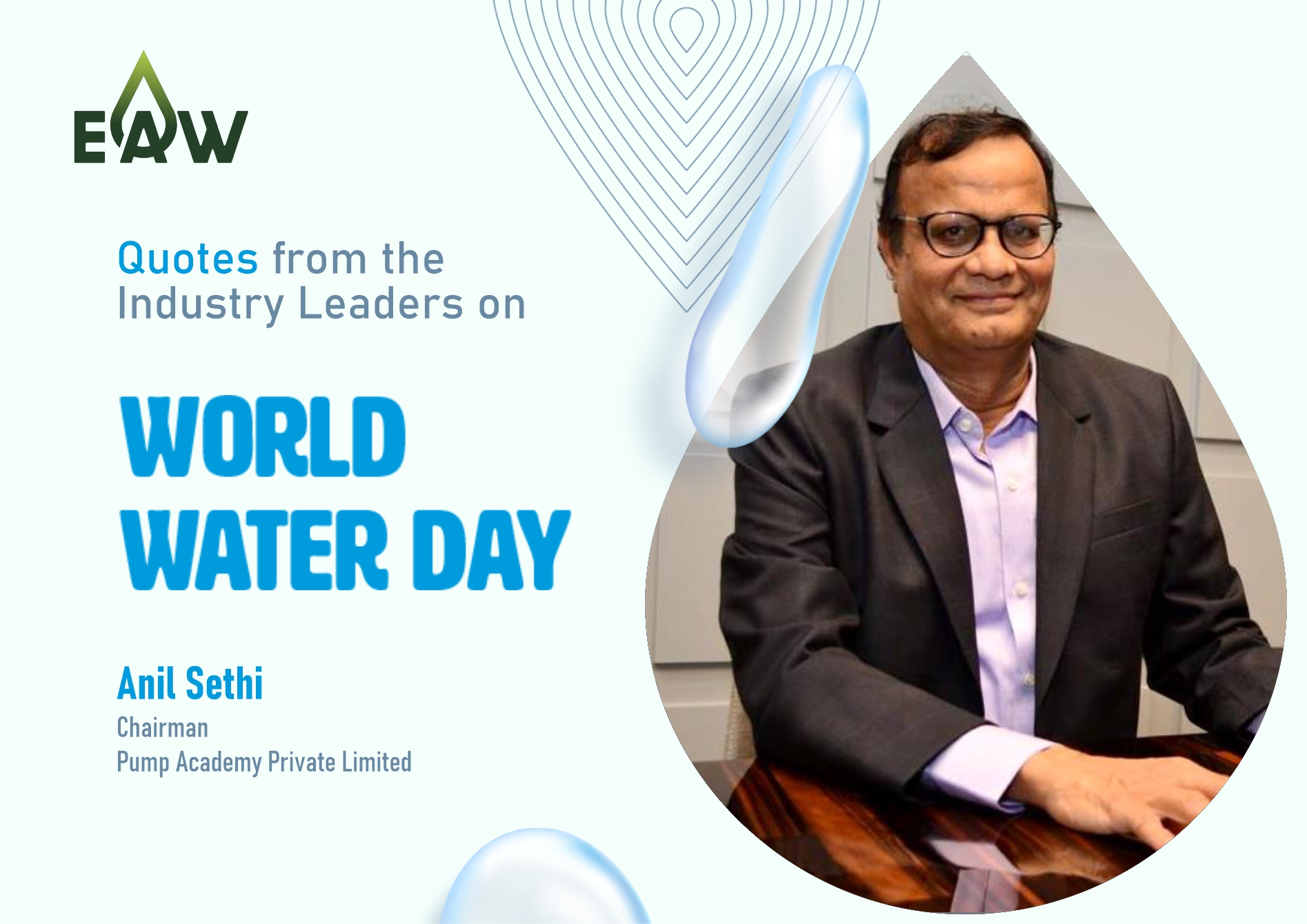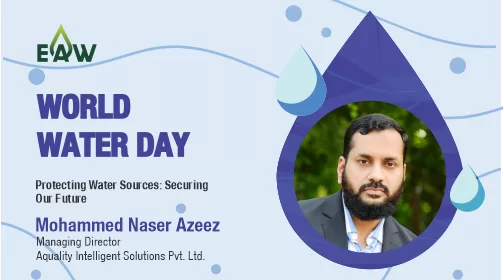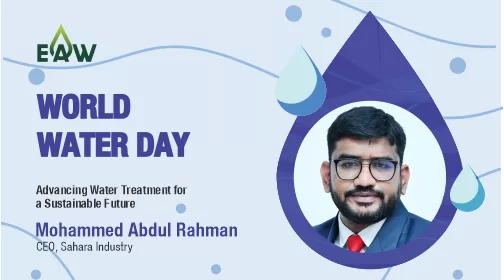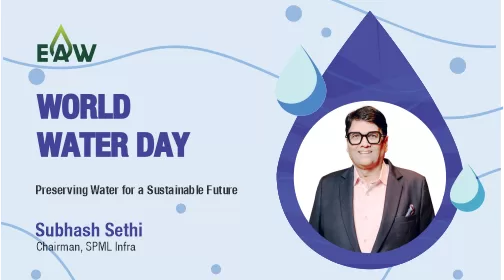By Anil Sethi, Chairman, Pump Academy Private Limited –
Globally, over 2 billion people lack access to safely managed drinking water at home. The latest data from WHO and UNICEF on access to clean water, adequate sanitation, and hygiene also reveal that 8 out 10 people who continue to lack basic drinking water services live in rural areas. In 2015, the world leaders committed to United Nations’ Sustainable Development Goal-6 that envisages creating facilities for safely managed water and sanitation for everyone by the year 2030. Clean water and sanitation is integral to achieve a safer world which was reinforced further by the coronavirus pandemic. Almost halfway mark on the SDG-6 commitment, the target is tracked and found that the governments must work on average four times faster in the remaining half period to meet this goal on time.
The theme of World Water Day this year highlights a different aspect of freshwater. UN has suggested a theme – “Accelerating the change to solve the water and sanitation crisis” for World Water Day 2023. It places the focus on working expeditiously to make safely managed drinking water from an improved water source that is located on premises, available when needed, and free from faecal and other contamination. This task needed an approach which is smart and intelligent embedded with technological intervention in creating sustainable water infrastructure while making the existing water resource and supply system robust and resilient.
Pumping system is an integral part of water infrastructure that enables the utilities to achieve and maintain compliance with safe drinking water while limiting water losses in the distribution network. Smart pumping system improves security, scalability, and longevity of water infrastructure. Water utilities are actively looking for technological support for smart management as inefficiency of pumping systems has become a big concern. After comprehensive research and development, Pump Academy Private Limited has introduced a smart pumping solution based on IoT frameworks called iPUMPNET, which aims to increase energy efficiency and overall improvement in pumping stations management. This technologically advance and complete automated system facilitates water utilities with real time monitoring through an intuitive dashboard interface accessible on website and mobile applications.
Inadequate management of urban water supply with run down machineries and distribution networks significantly compromises the drinking-water facilities of hundreds of millions of people with dangerously contaminated water. When water comes from improved sources of smartly managed water supply system, people spend less time and effort in collecting it, meaning they can be productive in other ways. This can also result in greater personal safety and improved economic activity. Better water sources also mean less expenditure on health, as people are less likely to fall ill and incur medical costs and are better able to remain economically productive.
With ever increasing demand of safe water and enhanced productivity, the need for technological intervention in water distribution network including pumping systems is expected to grow. To ensure efficiency and keep up with changes, it is essential that water utilities in India should remain updated with technical advancements while maintaining sustainability. And that will be proper acceleration the change to secure better water sustainability in true sense.





